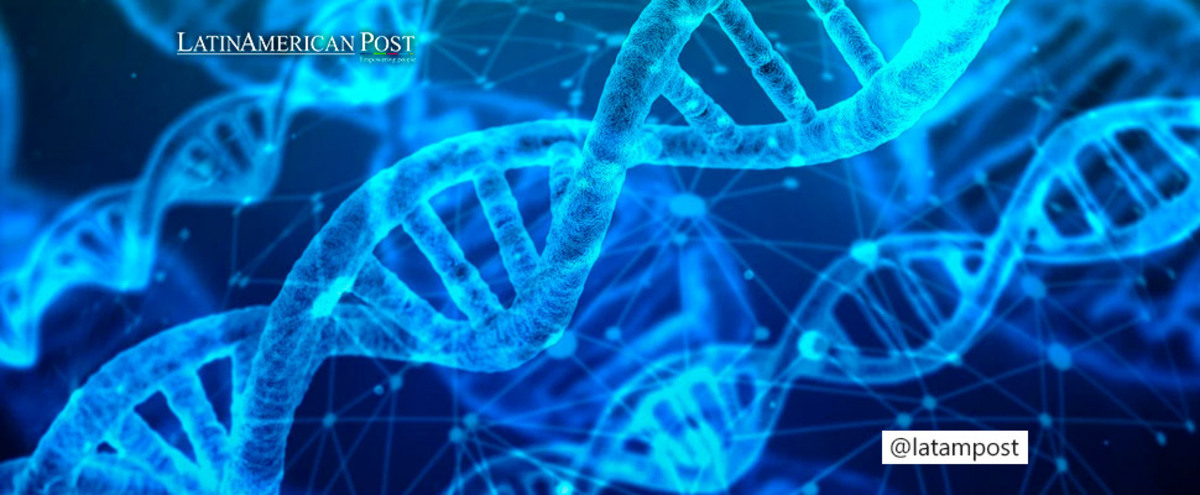The Rules for Gene Editing Worry Scientists
The laws to regulate genetic manipulation or editing are one of the great current challenges of bioethics. The latest Summit on Human Genome Editing leaves much to reflect on.

Photo: Pxabay
LatinAmerican Post | María Fernanda Ramírez Ramos
Escucha este artículo
Leer en español: Las reglas para la edición genética preocupan a los científicos
The "Third International Summit on Human Genome Editing" was held in London last week, convened by the Royal Society of the UK, the UK Academy of Medical Sciences, the US National Academies of Sciences and Medicine, and the World Academy of Sciences. In this event, advances on the discoveries around the human genome were presented, but challenges of research, regulation, and development of human genome editing technologies and therapies were also analyzed.
One of the most shocking cases presented during this event was that of Victoria Gray, a woman who was cured of her sickle cell disease with gene editing. At this event, she shared her testimony, narrating how she went from having unbearable pain that prevented her from many tasks, to having autonomy to carry out her activities and a better quality life. "I'm really here to be a light because there are mixed feelings about gene editing. And I think people can see its positive results. You know that a person who used to suffer in life, who was miserable, is now able to be a part of life and enjoying it," Gray told CNN.
Another startling announcement came from Japanese researchers, who claimed to have created healthy mouse embryos from two male parents. This opens the possibility of thinking about other forms of fertilization, infertility treatments, and even thinking about the possibility that same-sex couples could have biological children.
However, it was not only reflected on the positive possibilities of this type of therapy that intervenes in genetics, but also many doubts remained about the ethical and practical challenges.
5 years of the case of Lulu and Nana, the genetically edited girls
In the memory of those who have expertise in the area, the memory of an experiment in which human embryos were altered in 2018 is still fresh. It was the case of the Chinese scientist He Jiankui who stated that he had achieved that two girls were born immune to the HIV with manipulation of its genomes. This man was sentenced to 3 years in jail. After this event, the regulations were updated in China due to protests from the scientific community about the need to curb this type of practice. However, it has been reported that He Jiankui intends to resume his scientific work. This was announced in the Hong Kong press, as he received a visa in this territory to continue experimenting on gene editing and artificial intelligence.
The scientific community expresses its concern about gene editing
Various scientists have expressed their concern regarding gene manipulation or editing. In fact, it is one of the issues with the most edges to analyze from bioethics and that raises the most questions for the future. On the one hand, it would improve the quality of life of hundreds of people. However, it also has great risks, which have already been evaluated, and many that are unknown as it is a relatively new science.
To begin with, the same organizing committee released a statement at the end of the event in which they stated that hereditary editing of the human genome continues to be unacceptable. That is, they reject the alteration of the genome in reproductive cells. "Preclinical evidence of the safety and efficacy of heritable editing of the human genome has not been established, nor has the social discussion and political debate been concluded," the statement said.
We recommend you read: Animal Experimentation: Prohibitions and Strategies to Reduce its Use
On the other hand, in an interview for the BBC, Dr. Joy Zhang, director of the Center for Global Science and Epistemic Justice at the University of Kent, expressed her concern about the possible regulatory negligence that the Chinese government would have. In that interview, he said: "My biggest concern is that the new measures fail to cover a chronic and growing problem in trying to deal with private companies that are taking place outside of conventional scientific institutes."
However, it is not a problem or challenge that only exists in China. "Governance frameworks and ethical principles for the responsible use of hereditary editing of the human genome do not exist," they also pointed out from the committee of the "Third International Summit on Human Genome Editing." They also pointed out the need to promote more equitable access to these scientific advances, since these are very expensive investigations (or treatments) that not all health systems can assume. In fact, the genetic assessment tests that are already available to the population can only be accessed by people with high resources.
For its part, the Nature Magazine convened various experts to discuss the subject. "From a regulatory standpoint, many countries, including the United States, do not yet have strong governance frameworks in place to ensure that edited embryos are not implanted," the journal states. Given this, there are several voices calling for global agreements and regulations to be made to private companies that support unethical practices. "We need to change the focus of the application. This should be considered an international jurisdiction," María de Jesús Medina Arellano, a human rights lawyer from the National Autonomous University of Mexico, told Nature.




